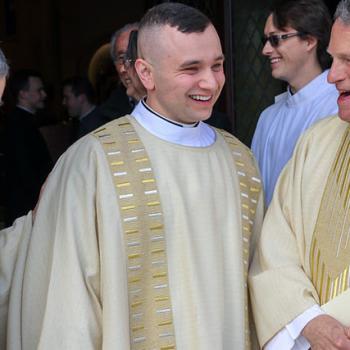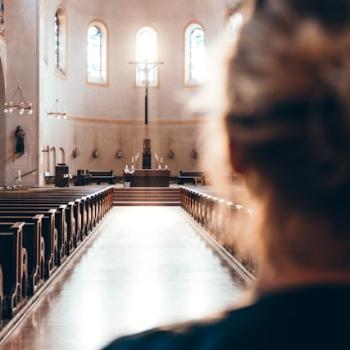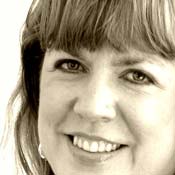We don't need to travel long journeys to grow in the spiritual life. Wherever we are, we are called to stay in the monk's cell, which means to stay present to our experience. As a culture we rarely acknowledge the value of being uncomfortable. We strongly discourage people who are grieving to stay with their sadness, but instead tell them to "cheer up" or "move on" rather than explore what grief has to teach them. We are forever seeking the next thing to make us feel good.
So much of what passes for spirituality these days is about making us happy, about affirmations and having positive experiences. We engage in what Hafiz calls "teacup talk of God" where God is genteel and delicate. Sometimes we really need this; we need to remember that we are good and beautiful and whole just as we are.
But sometimes, I would argue, we need to be uncomfortable. Sometimes we need to remember a God of wildness who calls us beyond our edges to a landscape where we might discover a passion and vitality we never knew we could experience. We may cultivate a freedom we have never known before because our fears become something to move toward rather than away from. Developing the capacity to endure and remain open to difficult feelings is part of the movement toward spiritual maturity.
In my own life I practice this daily through yin yoga and meditation, and by staying present to experiences life inevitably thrusts upon me, and seeking to dance at my own edges, to move toward the risky places. By staying present to the discomfort of life we grow in our resilience and our ability to recover from the deep wounds that life will offer us again and again. We grow in our compassion for ourselves, as we learn to embrace all of the vulnerable places within. And as we embrace these in ourselves, we grow in our compassion for one another. We grow in our ability to experience hesychia—that deep presence and peace—in the midst of life's messiness and uncertainty.





